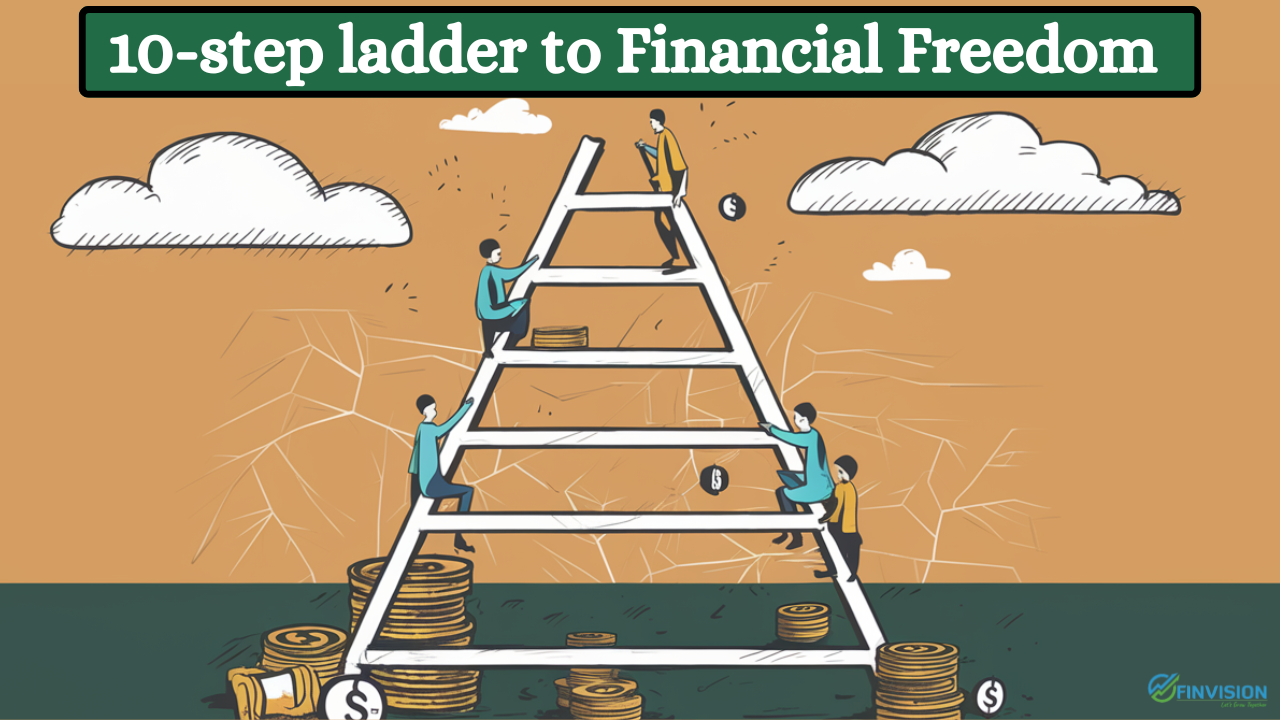For the ever dynamic and evolving investment world, the following do’s and don’ts distil a collective and time tested wisdom of investment gurus. As an investor, you may like to remember these to navigate assets and portfolio, and find your success.
DON’Ts
1. Emotional Investing: Equity markets often experience stages of fear and greed. Anyone falling prey to the herd mentality is bound to make mistakes. Investor’s should refrain from the FOMO (fear of missing out) emotion and take a step back, think independently and rationally, always. “If you can’t control your emotions, you can’t control your money.” – Warren Buffett
2. Predict Markets: If there is one ability which all equity investors and managers dream of, it is the ability to predict markets. Unfortunately, no one is gifted with this foresight. It is easier to predict the market scenario over many years rather than predicting the next day! Successful investors are not better market predictors but are more researched and invest for the long-term, where the probability to succeed is high.
3. Leverage: Leveraging is the easiest and the fastest way to bankruptcy. The only people who may leverage are the ‘traders’ running the business of short-term trading in stocks. Derivatives, comprising futures and options, again are called the weapons of mass destruction and are a territory of only those who wish to take it up as a full-time business, willing to sacrifice mental peace to take up daily risks. Retail investors should clearly stay out of this as these can take away a lifetime’s savings without a day’s notice.
4. Run after Tips: What happens when you mix investments with excitement? It becomes gambling. Surely, you can hunt stock market tips, buy penny stocks, bet on horse races, buy lottery tickets, all at the same affordable prices. But, do not paint all this as part of your investments. Buying established companies or good mutual funds is far more predictable than buying into the unknown.
5. Make blunders: Sometimes, all it takes is one mistake to ruin lifetime achievements. Such mistakes can be in any sphere of life like get-rich-quick schemes, bad property, marital break-down, are many of life’s realities which not only take our mental peace but can also cost us dearly. Lack of proper investments and insurance are by far the most common reasons behind ruining a family’s financial well-being.
DOs
1. Risk Profiling: A risk profile is an assessment of an individual’s willingness and ability to take risks. It is important for determining a proper investment asset allocation for a portfolio. It is the trade-off between earning higher returns at higher risk of losing capital and earning lower returns at a lower risk of losing capital. Risk profile should be the weighing machine to limit financial and emotional damage.
2. Asset Allocation: Smart investors always have an eye on their asset allocation. Within asset allocation, one has the option to choose fixed or a dynamic asset allocation approach, depending on your risk appetite. Keep revisiting this periodically or after any major life event. A regular rebalancing to restore your asset allocation, either on a fixed frequency and/or driven by sharp market movements, is a must.
3. Portfolio Diversification: Beyond asset allocation, diversification ensures that you do not concentrate your holdings and risk into limited funds or securities. Diversification can be across different market capitalisations (large/mid/small-cap), styles (growth/value), even countries (domestic/international), and so on. As compared to direct equity investments, mutual funds offer much better diversification as a single fund will invest in many stocks at any point in time.
4. Have A Plan: By failing to plan, one is planning to fail. To accomplish anything worthy in life, planning is required. Irrespective of how big or small your savings or your goals are, planning is critical to reaching your destination. A good plan identifies where you are today, where you want to go and more importantly, how to reach there. To put it in a sequence, there are first dreams, then goals, plans, execution, course correction and finally achievement.
5. Follow Discipline: Being disciplined at handling and saving money is a lifelong behavioural change. Small things, repeated many times over, over many years, can result in wonders. Being disciplined for an investor would mean being steady, sticking to and following your plan and not reacting to the market noises. Disciplined savings with Systematic Investment Plans or Systematic Transfer Plans in mutual funds is a very popular approach to disciplined investments, which is hard to replicate in direct stocks.
Correct asset allocation is always the key to investment returns.











